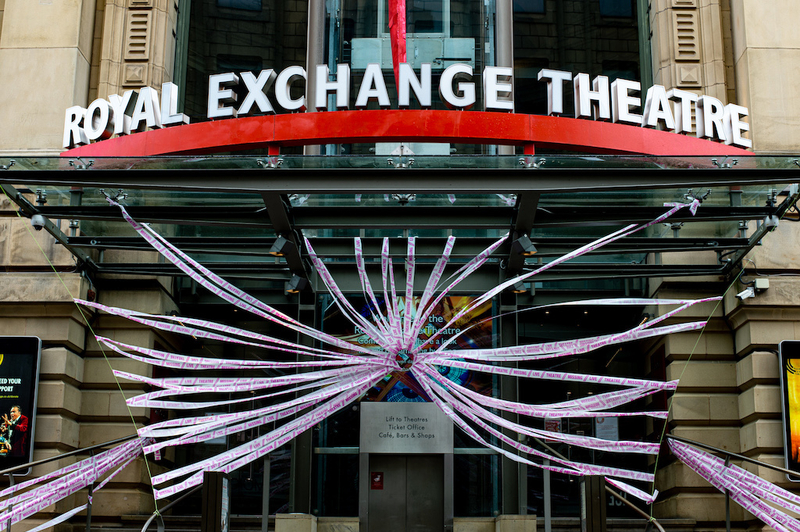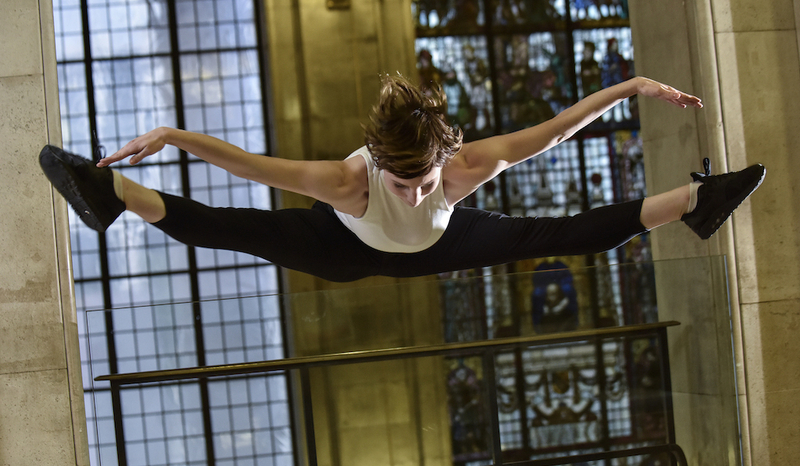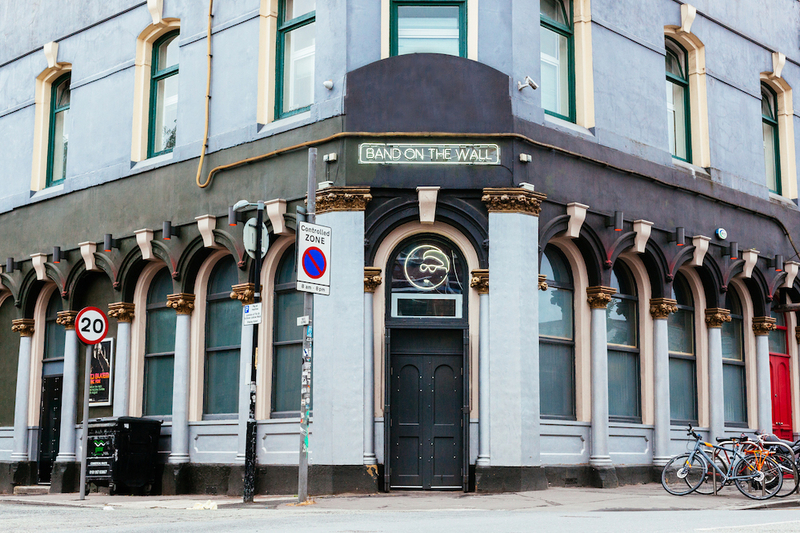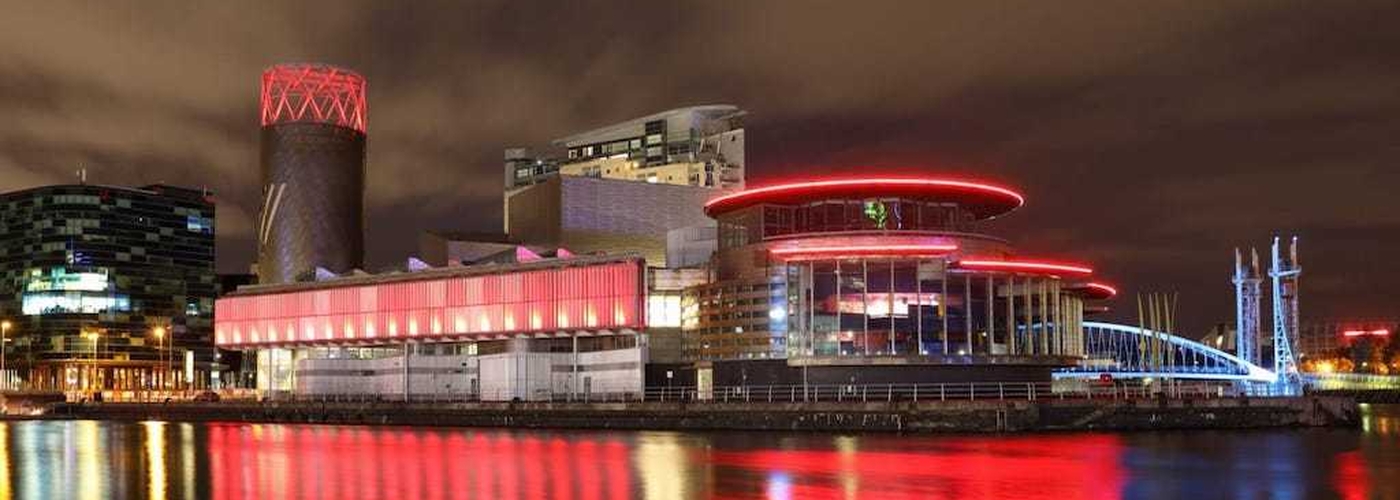With performing arts on the brink of collapse, the government has finally stepped in to help
It’s been a long time coming but live performance venues were finally offered a lifeline last night as the government unveiled a £1.57 billion support package, described as ‘the biggest ever one-off investment in UK culture,’ for outlets including theatres and music venues.
With live shows still not permitted, and no discernible timeline, COVID-19 has proven a fatal limbo for some: last week, Royal Exchange announced it had entered redundancy talks - making it one of several theatres to do so across the country - while Manchester cultural lead councillor Luthfur Rahman warned that ‘every day we hear from organisations across the city that tell us they are coming closer and closer to their final curtain’ in an impassioned open letter to culture secretary Oliver Dowden in June (resent a fortnight later).

Galleries, museums, independent cinemas and heritage venues will also be eligible for the new fund; announced by culture secretary Oliver Dowden last night following increasing pressure from across the industry. Dowden said the fund is all ‘new money’ and has two main objectives - to preserve ‘crown jewel’ venues like the Royal Albert Hall and national galleries and also help local institutions across the UK. Full details on how the money will be split between the arts and UK regions have yet to be announced but applicants will have to prove ‘how they contribute to wider economic growth' and decisions on who will get the funding will be made ‘alongside expert independent figures from the sector.’
Guidance for a phased return of the performing arts, beginning with rehearsals and performances behind closed doors, is expected to be published by the government shortly and should provide further relief for an industry on the brink of collapse.

Concerns remain, including when exactly social distancing rules will permit the show to go: Dowden pointed out that the interactiveness of performance, from pantomime cheering to singing along, presents unique challenges and admitted that the new fund - which joins measures such as the furlough scheme and £160 million Arts Council package - will protect most cultural jobs...but not all.
Meanwhile Julian Knight, Conservative chairman of the House of Commons culture select committee, is one of many to predict that more action (such as more generous tax breaks) will be needed to secure the sector’s long-term future and live entertainment body PLASA said that current funding still largely ignores the entertainment supply chain (also including festivals, other events, film and TV), 72% of which comprises self-employed freelancers. The Light It In Red campaign saw hundreds of cultural venues - including The Lowry, main image - turn 'emergency' red tonight (6th July) to highlight such ongoing issues.
Tonight we join in solidarity with our friends in the arts and #lightitinred to highlight the current crisis facing our industry.
We cannot wait to welcome you back when we get the green light. pic.twitter.com/OagMTGgOvx
— Oldham Coliseum (@OldhamColiseum) July 6, 2020
Nevertheless the rescue package is a positive step forward and has been welcomed by industry leaders. Mark Davyd is CEO of Music Venue Trust, which - after saving 140 from immediate closure in May via its #saveourvenues campaign - was calling on the government for £50 million and VAT cuts to prevent the sector collapsing.
He said the ‘unprecedented intervention into Britain's world class live music scene’ is warmly welcome, adding: "This fund provides the opportunity to stabilise and protect our vibrant and vital network of venues and gives us the time we need to create a plan to safely reopen live music."

Julia Fawcett, CEO of The Lowry, was more critical - pointing out "this lifeline will come too late for some organisations who have already been forced to close their doors for good or made valued employees redundant” - but conceded the emergency investment is ‘welcome news.’
The impact of COVID-19 on UK culture
Commissioned by the Creative Industries Federation before the rescue fund was announced, this research from Oxford Economics painted a tragic picture and shows just how much it is needed…
· A drop of £74 billion for the UK’s creative industries in 2020 (£1.4 billion a week)
· 406,000 (one in five) creative jobs expected to be lost - more than nine times the entire workforce of British Airways or almost triple the workforce of Asda in the UK
· Creative Industries GVA projected to fall by £29 billion (-25%), with the creative industries being hit twice as hard as the wider UK economy
· Music, performing and visual arts projected to lose £11 billion in revenue (-54%) and 57% of jobs (178,000) with theatre, recording studios and concert venues remaining closed
Manchester and the wider city region has the second largest cluster of creative industries after London and the South East
How the new fund will be spent
- £1.15 billion support pot, including £880 million in grants and £270 million of repayable loans (issued on ‘generous terms’)
- £100 million to national cultural institutions in England and the English Heritage Trust
- £120 million for cultural construction in England that was impacted by the pandemic
- £188 million for devolved administrations in Northern Ireland (£33 million), Scotland (£97 million) and Wales (£59 million)














